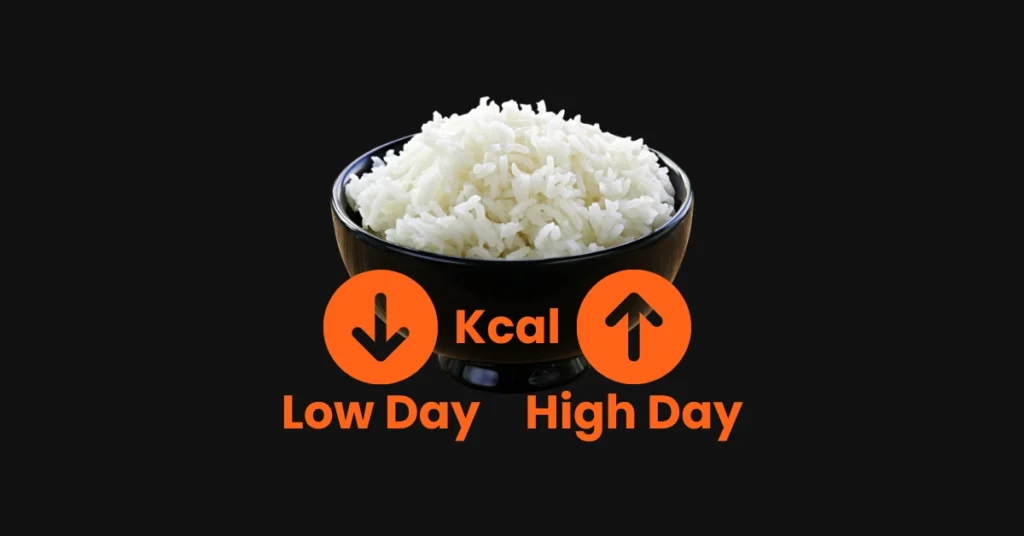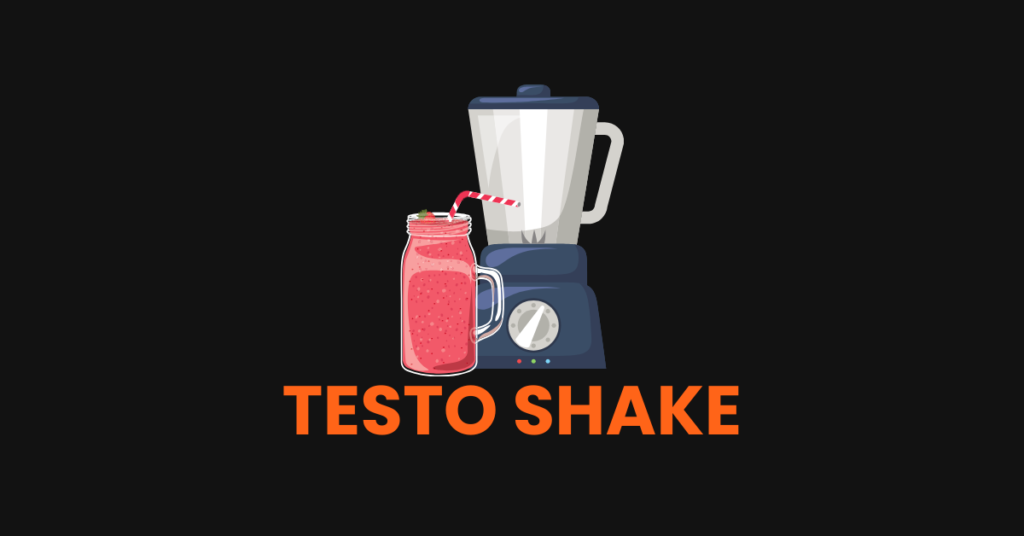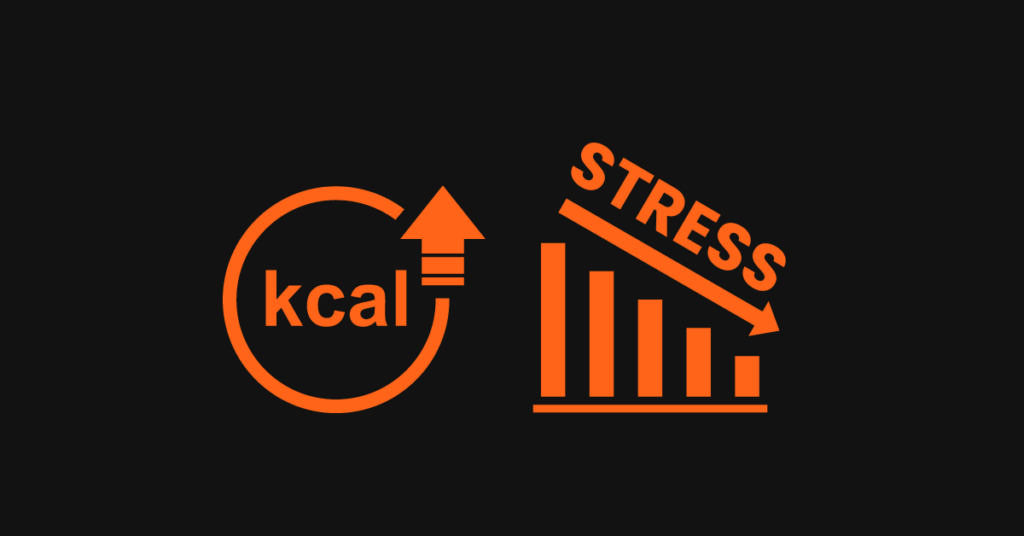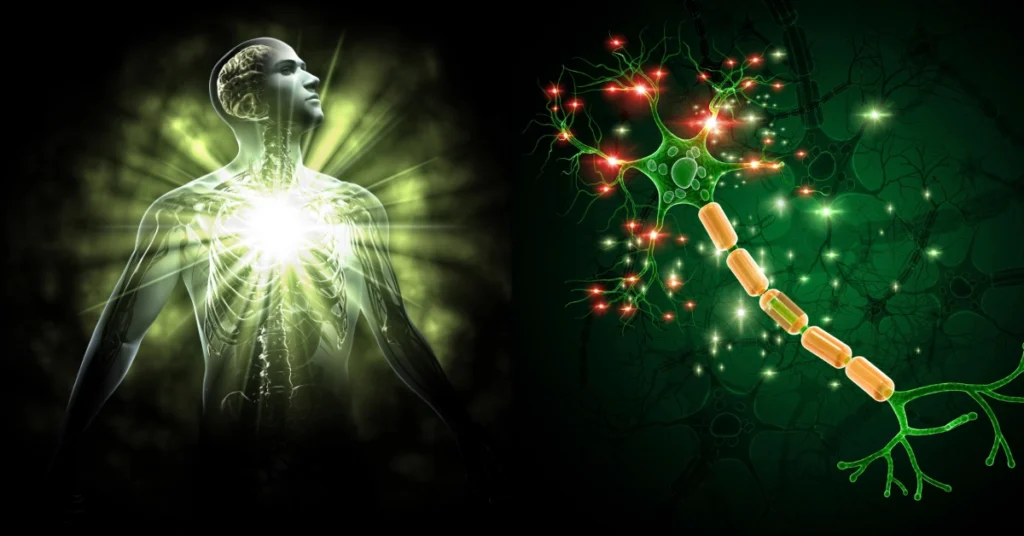intermittent fasting 101
what is intermittent fasting?
Intermittent fasting also known as time restricted eating is a method of eating that alternates between periods of fasting and periods of eating. Typically these fasting protocols will have set eating windows to consume our food for the day and set fasting windows where no food is consumed. The fasting periods will be longer than in traditional eating schedules such as a typical overnight fast as we sleep.
There are many different types of fasting protocols, these include the popular 16/8 hour fast, the 5/2 day fast, the alternate day fast, and the one day fast. We do not consider intermittent fasting as a diet in itself, it is simply a strategy to base your eating schedule around.
what are the purported health benefits of intermittent fasting?

There is a growing amount of scientific research looking into the health benefits of intermittent fasting. This research shows that intermittent fasting may have some health benefits.
increased insulin sensitivity and Lower insulin levels
During a fast blood levels of insulin drop promoting an increased level of fat burning. Blood sugar will also be lower, however, this does not mean you will lose body fat and achieve weight loss. More on this later.
increased human growth hormone levels when fasting
Levels of human growth hormone will also rise in a fasted state. This can also promote fat burning and has numerous other health benefits.
Cellular repair
During a fast, the body will start cellular repair processes such as removing waste material from cells, known as autophagy. There is debate on how much of a difference this makes, especially when performing shorter fasts as is typical with intermittent fasting. We may only get significant benefits through much longer fasts.
gene expression
Changes in several genes related to longevity and protection against disease may occur as a result of regular intermittent fasting, although much more research is needed in this area to say definitively.
intermittent fasting for fitness

For the remainder of this article, we will be focusing on the potential application of intermittent fasting for those interested in fitness goals, such as building strength and muscle and performing well in the gym as well as achieving low levels of body fat for aesthetic goals.
It is important to understand that intermittent fasting does not negate important nutrition principles, and these principles need to be understood and applied just as in any other diet or nutritional approach. Intermittent fasting is not a way to ‘hack’ your diet or body as is sometimes believed.
energy balance is still king
Intermittent fasting in itself does not lead to fat loss. How the body loses body fat over time is a complex physiological process and one most people do not need to understand fully.
In simple terms when we are in a fasted state our bodies will be ‘burning’ more fat however this does not necessarily result in a reduction of body fat. No matter what nutrition approach we are following we are always storing some body fat and burning some body fat.
The net average over a period of time is what determines whether we lose, maintain, or gain body fat. Energy balance is still king. The results achieved by any diet we are following will be determined by our calorie intake, and a calorie deficit must be in place for us to lose body fat.
food quality is still important
Food quality is just as important when following an intermittent fasting protocol as it is when following any other nutritional approach or eating pattern.
Although intermittent fasting can help us sustain a calorie deficit over time, we should still be basing the majority of our food choices on minimally processed, nutrient-dense whole foods.
These types of foods will help with satiety more than anything else due to the higher amounts of micronutrients and fiber and therefore greatly increase adherence. They are also vital for our performance in the gym, recovery, as well as overall health.
intermittent fasting is not better for fat loss
I have seen with my clients that fat loss is no better or worse with intermittent fasting over more traditional eating schedules as long as calories are matched. That’s not to say that intermittent fasting can not be a beneficial strategy for some individuals, however, it is mainly due to the improved adherence to a calorie deficit rather than anything else.
intermittent fasting likely does not increase testosterone
It is often stated that intermittent fasting can increase testosterone levels. There may be some truth to this however its relevance is likely overplayed. The research is conflicting on this, with some studies showing a slight increase in testosterone when fasted, with other studies showing no increase or even a decrease.
Whether there is or is not an increase in testosterone is probably not something we should pay much attention to. Any increase is likely only small, other factors such as strength training, diet, sleep, and stress, will affect testosterone levels to a much higher degree, and it is these we should be focusing on more.

the 16/8 intermittent fasting protocol
The 16/8 intermittent fasting protocol originally popularized by Martin Berkhan’s Leangains is a fasting protocol that involves a fasting window of 16 hours per day, with an 8 hour eating window.
There have been many iterations of this 16/8 fasting schedule and many people have had success with it. I have used this method and have had success with it, although I do not use it anymore for a few different reasons. For those looking to maximize their performance in the gym and therefore the results they achieve the 16/8 fasting protocol is the only one I recommend.
The 16/8 fasting protocol allows a large enough eating window for us to consume adequate calories as well as macronutrients such as protein over the day. The fasting window is not overly long in duration, meaning we are not depriving our bodies of vital calories and nutrients required to perform well in the gym and recover from our training sessions.
a variation of the 16/8 protocol

I prefer a more flexible version of the 16/8 intermittent fasting protocol. There is nothing inherently special about fasting for 16 hours per day and I prefer to simply use it as a guide, not to be followed religiously. I have found this method to work just as well or even better over the years with myself and my clients.
Rather than being confined to a strict fasting window of 16 hours, we build in some flexibility. This can help with adherence over time. We can also use some strategies to optimize the setup for our fitness goals.
just skip breakfast
Instead of having to wait precisely 16 hours from your last meal, usually from the evening before, simply skip breakfast and eat when you feel you need to. Some days you may feel more hungry, maybe you had a heavy leg session the day before and you decide to break your fast mid-morning, meaning you fasted for 14 hours.
On other days you may be busy and your hunger levels are low, so you eat at 12 or 1 in the afternoon extending your fast. You should probably stick to somewhere around the 16 hour mark most of the time so that your fasting window does not become too long. I recommend staying around the 14-16 hour mark with 18 hours being the longest, although I do not advise doing this too often.
eat three meals per day
I recommend consuming three meals daily, spaced evenly throughout your eating window. This allows for 3 protein servings over the day resulting in 3 separate spikes in muscle protein synthesis.
This likely provides some benefits for muscle growth in the long term. Three servings of protein over the day is the minimum I would recommend if you have a goal of building muscle.
Three meals per day also allow adequate calories to be consumed over the day, more relevant if you are in a muscle building phase and need to eat more. Eating a lower meal frequency such as twice per day, as sometimes used in the 16/8 fast can cause digestive issues in some people due to having to eat larger meals.
train within the eating window
I recommend training in a fed state rather than fasted to maximize training performance in the gym. Amino acids and other nutrients will also be available when we have eaten a meal before a training session which may be beneficial over the long term.
How much of a difference this makes is hard to know, however, if we are looking to maximize our ability to build muscle I think it is probably a good idea. This simply means training sometime after your first or second meal of the day. I always recommend having at least one meal after your training session to aid in recovery and spike muscle protein synthesis.
Many people make this meal the largest of the day although this is not necessary. I do recommend at least 40g of high quality protein in this meal with some carbohydrates to aid recovery.
With that said many people train in a fasted state and make good progress in the gym. Could they make better progress training in a fed state? maybe. If you have to train before your first meal of the day, for example, individuals who train early in the morning, I recommend drinking a protein shake before.
Yes technically you have broken your fast but you are still getting some of the benefits of the 16/8 fast. Another option is to simply take some BCAA’s before your workout.
be flexible
Within this flexible approach to the 16/8 intermittent fasting protocol, we can even take things a step further. We do not necessarily need to fast every day. Some days we may simply choose not to fast and instead eat breakfast.
This can be for many reasons, including excessive hunger levels and the requirement for more calories and/or recovery as well as social events and times such as the holiday period.
In the long term, this will not affect our health and fitness results as long as our daily calories and macros remain the same. For my clients I have found the overall enjoyment and therefore adherence to this type of eating to be greater when allowing for some degree of flexibility. This could potentially lead to better results over the long term.
What are the pros of intermittent fasting?
Here are some potential pros of following an intermittent fasting approach for your nutrition plan:
it can help maintain a calorie deficit
Some people find intermittent fasting helpful for maintaining a calorie deficit over time. Restricting our eating window can make the overconsumption of calories more difficult, this is why some people lose weight with intermittent fasting even when they are not tracking their calories or macros, at least initially. They have reduced their calorie intake and created a calorie deficit simply by reducing their eating window.
However energy balance is always at work, and adhering to a calorie deficit over time is still the main driver of fat loss, as mentioned previously. The majority of people achieving outstanding results with intermittent fasting are tracking their calories and macros and paying attention to food quality. This is especially true for people training regularly in the gym, with goals such as improving body composition.
it can align with hunger levels and social events
Some individuals prefer skipping breakfast because they do not feel hungry first thing in the morning. They have more of an appetite as the day progresses particularly in the evening. This way they can save some of their calories and enjoy larger more satisfying meals later on in the day. This can also fit in well with family meals and social events.
it can help with meal planning
A reduced meal frequency can make meal planning simpler which some people find helpful, and this can lead to greater adherence and therefore results over time. Planning and consuming high quality meals 2-3 times per day is less time consuming and requires less thought than 4-6 meals per day.
it can be helpful for individuals who train early
For some people training early is the only realistic time they can train consistently, and many people prefer to get their training out of the way, leaving time for other priorities they have for the day. The best time to train is the time you can train consistently. Following an intermittent fasting protocol allows people to hit the gym first thing without having to eat breakfast and wait for the meal to digest, which would usually be at least one hour.
It is possible to train completely fasted although I do recommend some BCAA’s or a protein shake before. If you want to train completely fasted black coffee can be a good option to help with performance in the gym.
it may increase clarity and focus during workouts
Some people report increased clarity and focus during workouts when they are fasted. This is a very individual thing and some people report the opposite. Some experimentation may be required to determine whether training fasted is working for you and if it is affecting your performance in the gym and therefore your long term results.
What are the cons of intermittent fasting?
There could be some potential drawback to following an intermittent fasting approach. Here are some potential cons of intermittent fasting:
Intermittent fasting can be stressful on the body
Intermittent fasting is an additional stress on the body. The body is well equipped to go without food for a period of time, however, that doesn’t mean it is optimum. The stress hormone cortisol will be higher when we are fasting, especially if we are stressing the body through our training at the gym. We may also be in a calorie deficit which places even more stress on the body.
Adding this extra stress on top of the modern stressful lifestyle may not be the best idea, and can be counterproductive for some individuals. Type A personality types, those who are more driven, have trouble switching off, are often overworking, and/or may have more stress and anxiety, should think about whether intermittent fasting is right for them.
intermittent fasting can make it difficult to consume enough calories
Depending on the individual and their goals, intermittent fasting can make it more difficult to consume adequate calories over the day. For example, larger individuals and/or those with higher amounts of muscle may find intermittent fasting to be impractical if they need to consume large amounts of food, especially in a muscle gaining phase.
Those who are highly active over the day and need to consume more calories may also run into the same problem. In these situations, it makes more sense to eat 4 or more meals spaced evenly throughout the day.
intermittent fasting might not be optimum for building muscle
Intermittent fasting may not be optimum for an individual who wants to maximize their potential to build muscle. This can be due to the difficulty in consuming enough calories as mentioned previously, as well as potential issues consuming adequate protein, once again likely to be more problematic for larger individuals.
Spiking muscle protein synthesis more often throughout the day by eating more meals is probably beneficial if looking to maximize muscle growth, especially over the long term, although we do not know this for certain.
Spending more time in a fed state and less time in a fasted state also gives the body as much opportunity for growth and repair as well as recovery. How much of a difference this will make is again hard to say.
intermittent fasting may Diminish cognitive function and performance in workouts
For some individuals who train in a fasted or semi fasted state performance in workouts can be affected. Many people will be stronger and/or simply feel better in a fed state.
Cognitive function and the ability to focus can also be affected. These issues do not affect everyone to the same degree and some individuals feel great training in a fasted state and can perform well. This can be a very individual thing.
intermittent fasting can affect digestion negatively
Eating fewer meals over the day will mean individual meals will likely be larger which can be problematic for things such as digestion and can negatively affect cognition and mental alertness. Once again this can be more of an issue for those who need to consume more calories over the day to reach their goal.
intermittent fasting can lead to unhealthy eating habits
Intermittent fasting can lead to unhealthy eating habits for some people. This can be the case, particularly for individuals with a history of eating disorders and binge eating, followed by periods of heavily restricting food.
Some people can use intermittent fasting as an opportunity to justify this pattern of eating and are unable to control themselves after their fast, using it as an excuse to overeat, and often with poor quality foods. They may believe that the fasting period somehow negates this and makes the binge less damaging.
In these situations, individuals should first build healthy eating habits focusing on food quality and adherence to a healthy eating plan. The foundations should be in place before experimenting with intermittent fasting in my opinion.
do I recommend intermittent fasting?
When people come to me for help with their nutrition, intermittent fasting is not at the top of my list of recommendations. I always emphasize the basics first, building healthy eating habits and focusing on food quality should come first as well as aligning your nutrition with your lifestyle, personal preferences, and current fitness goals.
Once these important principles are in place, I believe intermittent fasting can be used in the right situations and at certain times, although I emphasize that it is not better than more traditional eating schedules in my opinion. As with many things in health and fitness, the only way to know if intermittent fasting is right for you is through experimentation and direct experience.
who could benefit from intermittent fasting?
I believe individuals who have built healthy eating habits and have some experience in a macros based approach to nutrition could benefit from intermittent fasting, if it aligns well with their lifestyle, although I believe it is not necessary.
when would I recommend using intermittent fasting?
Intermittent fasting can be used for any fitness goal, although I believe it is much better suited to a fat loss phase and for shorter periods. In my opinion, it simply makes more sense to use it in these situations, and for a shorter amount of time, such as a typical fat loss phase of between 8-12 weeks.

who do I not recommend intermittent fasting for?
I do not recommend intermittent fasting for individuals who have stressful jobs or are going through any stressful periods in their lives. I also do not recommend it for individuals who have a history of eating disorders or over restricting calories, and whole food groups. For these individuals, it would be better to consume regular healthy meals, build healthy eating habits, and allow the metabolism to recover.
Conclusion
I think of Intermittent fasting as simply another tool in our toolbox and something that can be used to assist us in achieving our health and fitness goals. There is nothing inherently magic about intermittent fasting and it is no better or worse than traditional eating patterns in my opinion.
There may be some health benefits to intermittent fasting although these may be overstated and things such as food quality, exercise, daily movement, and other healthy lifestyle habits will likely be more important over the long term. However, trying intermittent fasting at least once is something I am by no means against, and it may be worth experimenting with.
read more articles on Nutrition fat loss

